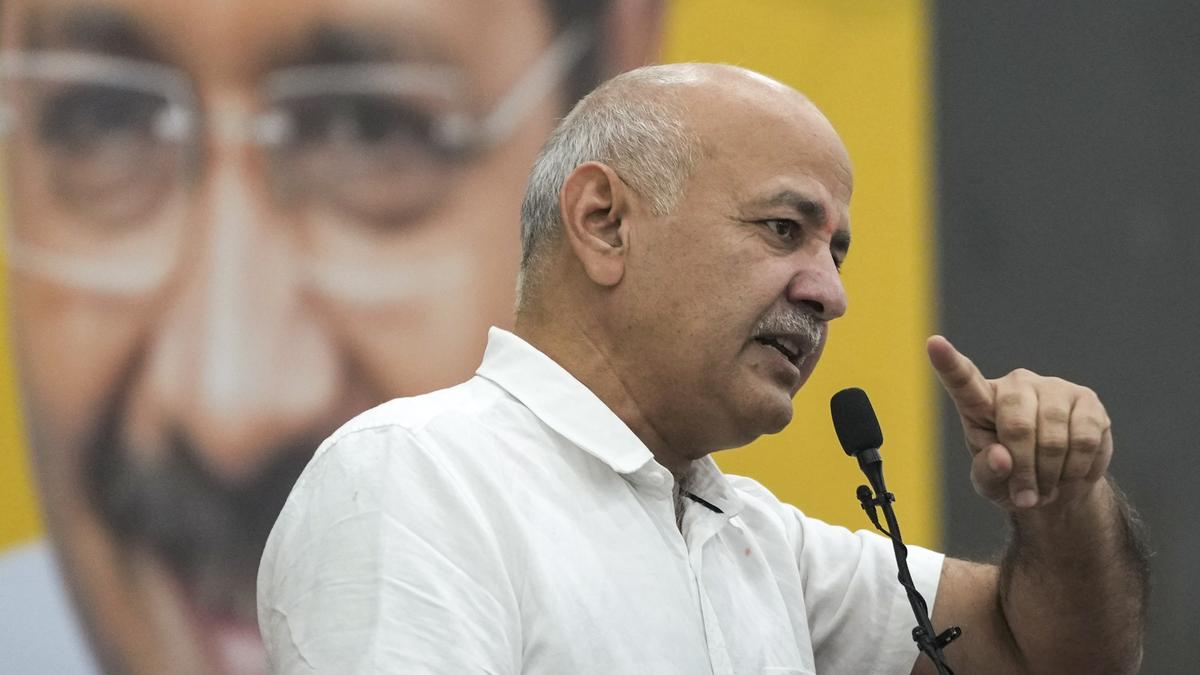 |
|
The Supreme Court of India is currently reviewing the bail conditions imposed on Manish Sisodia, a prominent leader of the Aam Aadmi Party (AAP), in connection with the ongoing investigation into the Delhi excise policy scam. Sisodia, formerly the Deputy Chief Minister of Delhi, was arrested by both the Central Bureau of Investigation (CBI) and the Enforcement Directorate (ED) on charges of corruption and money laundering related to the formulation and implementation of the now-scrapped Delhi excise policy 2021-22. His arrest by the CBI occurred on February 26, 2023, followed by his arrest by the ED on March 9, 2023. Subsequently, he resigned from his ministerial post on February 28, 2023.
Sisodia's legal team, represented by senior advocate Abhishek Singhvi, has argued before the Supreme Court that the current bail conditions, which require him to report to the investigating officers every Monday and Thursday, are unduly burdensome. They highlight that Sisodia has already complied with these conditions diligently, appearing before the investigators a total of 60 times. Singhvi emphasized Sisodia's status as a respected public figure and pointed out that similar bail conditions imposed on other accused in the same case have been relaxed by the Enforcement Directorate (ED). The Supreme Court, after hearing the arguments, issued notices to both the CBI and the ED, requesting their responses before a final decision is made. The court's decision to issue notices indicates a willingness to consider the merits of Sisodia’s appeal.
The Supreme Court's involvement in this case underscores the significance of the legal battle surrounding the Delhi excise policy scam. The court's previous ruling on August 9, 2024, granted Sisodia bail, citing the lengthy period of his incarceration (approximately 17 months) without the commencement of his trial as a violation of his right to a speedy trial. This decision highlighted the principle that bail should be the norm rather than the exception in the Indian judicial system. However, the bail was granted under certain conditions, including regular reporting to investigating officers. The current hearing focuses on the potential relaxation of these conditions, demonstrating the ongoing legal complexities surrounding the case and the ongoing efforts by Sisodia's legal team to secure more lenient bail terms.
The Delhi High Court's earlier rejection of Sisodia's bail pleas, overturned by the Supreme Court’s August 9th ruling, provides further context to the ongoing legal battle. The High Court's decision was based on the arguments presented by the ED and CBI, who opposed Sisodia’s release on bail. The Supreme Court, in its reversal of the High Court's decision, demonstrated a different perspective on the balance between the need for a fair trial and the right of an accused to reasonable bail conditions. The case highlights the intricacies of the Indian judicial system, particularly concerning the balance between ensuring justice and preserving an individual's rights throughout the legal process. The Supreme Court’s commitment to reviewing the bail conditions further underscores the importance of due process and fair treatment within the Indian legal framework.
The broader implications of this case extend beyond the immediate legal proceedings involving Sisodia. The Delhi excise policy scam itself is a matter of significant public interest, involving allegations of widespread corruption and irregularities in the administration of the Delhi government. The outcome of the Supreme Court's decision on Sisodia's bail conditions could have wider ramifications for similar cases, potentially shaping future interpretations of bail conditions and influencing the balance between the rights of the accused and the demands of the investigative process. The ongoing legal proceedings serve as a case study in the complexities of Indian law, demonstrating the interplay between different judicial levels and the ongoing scrutiny surrounding high-profile political cases.
